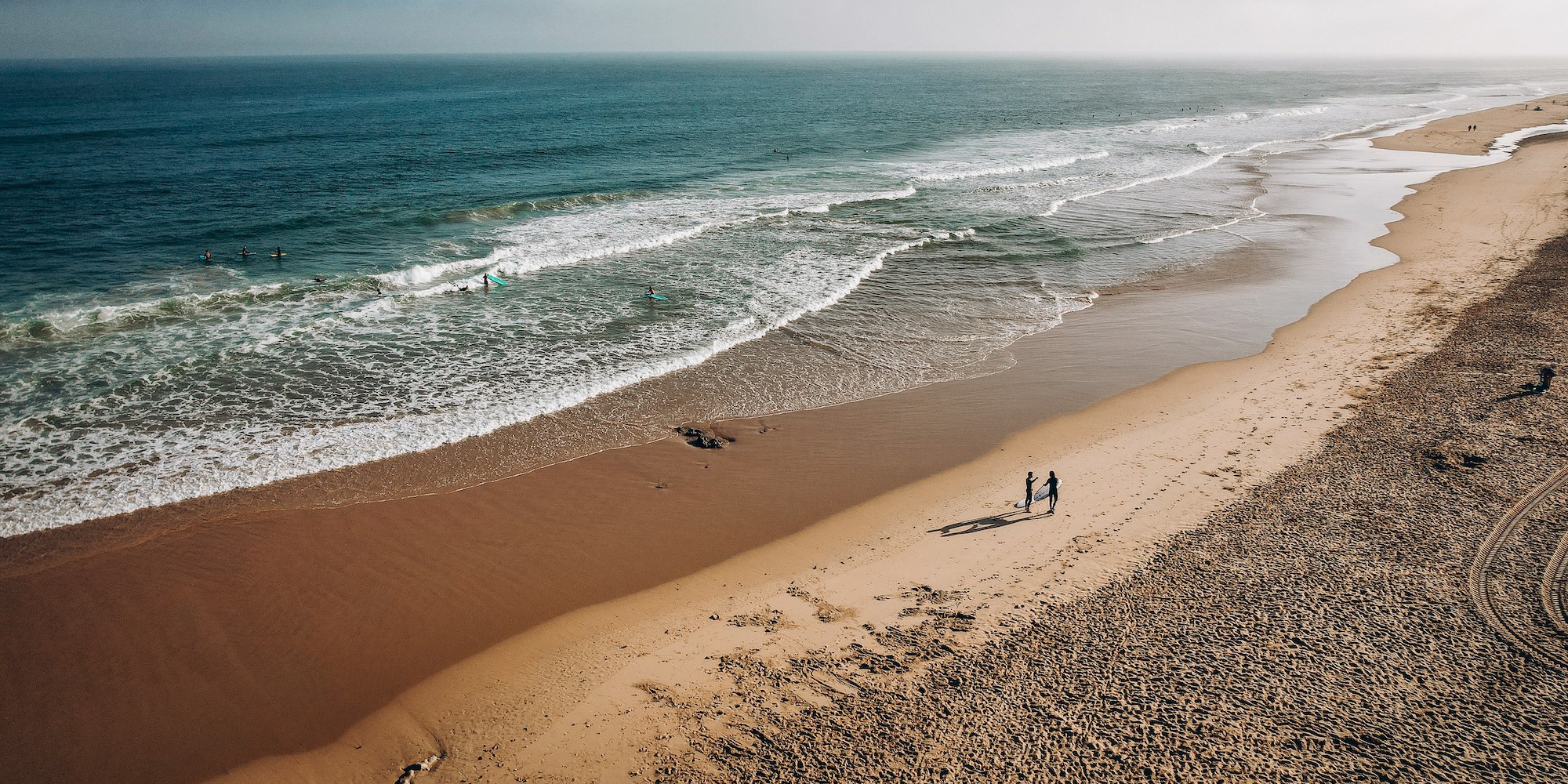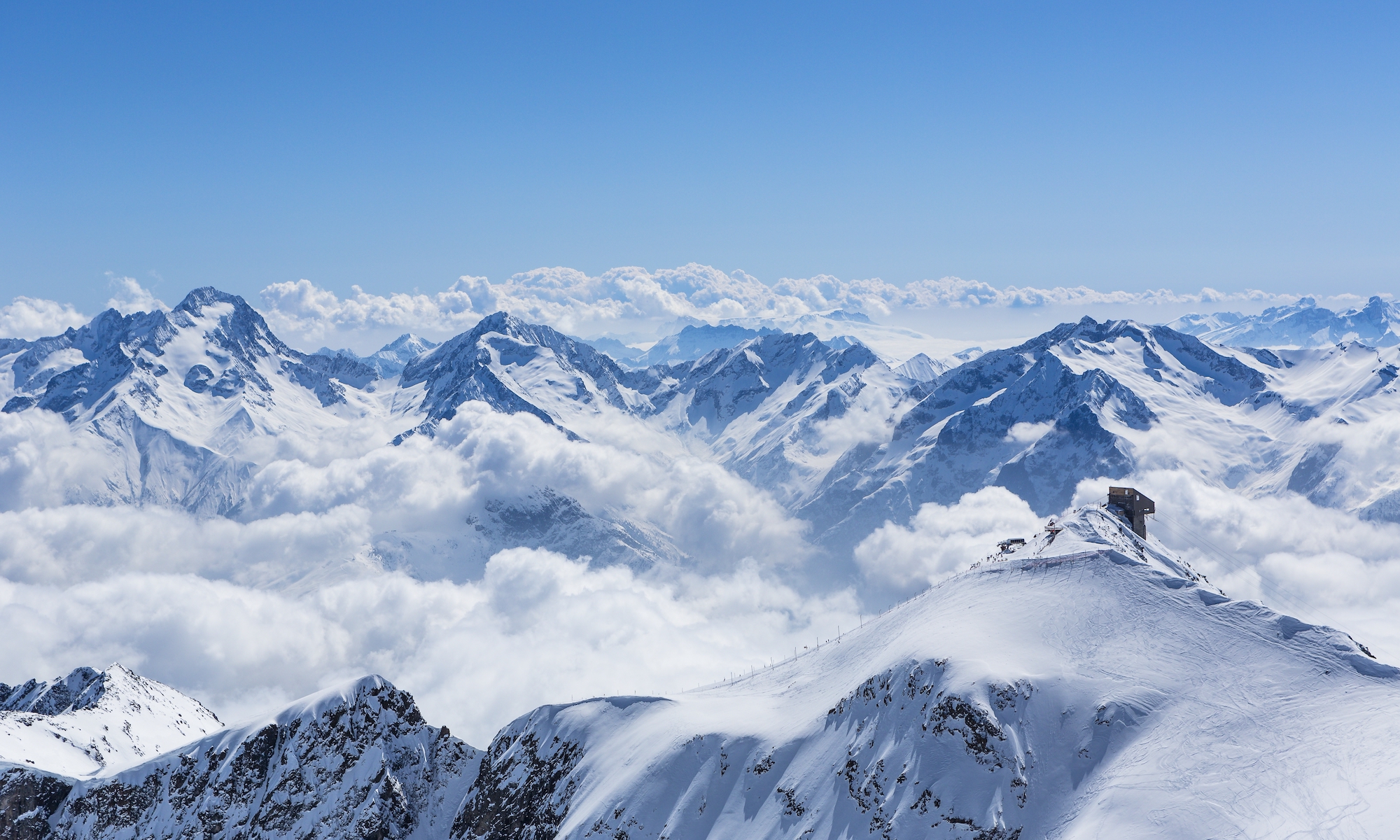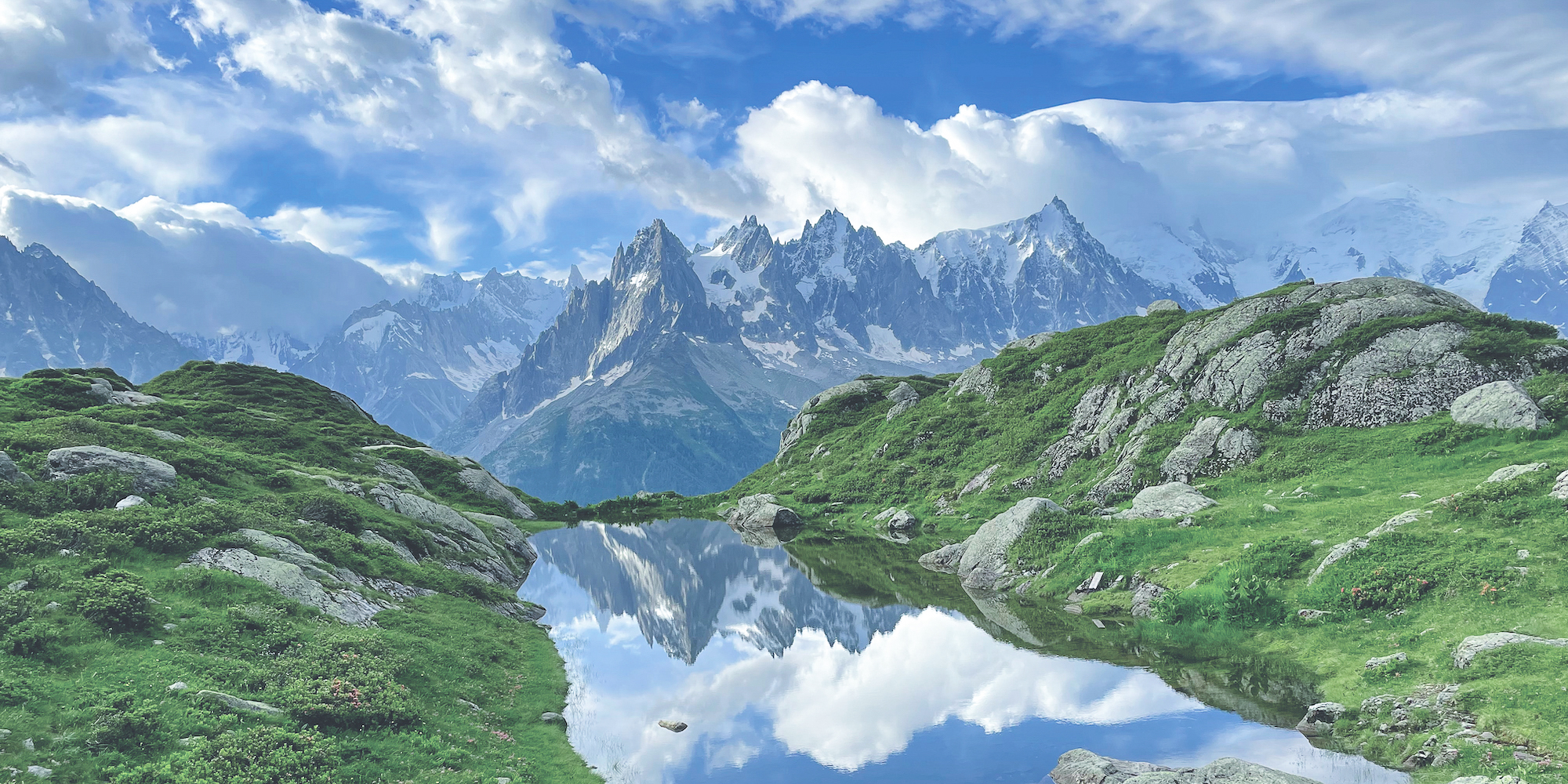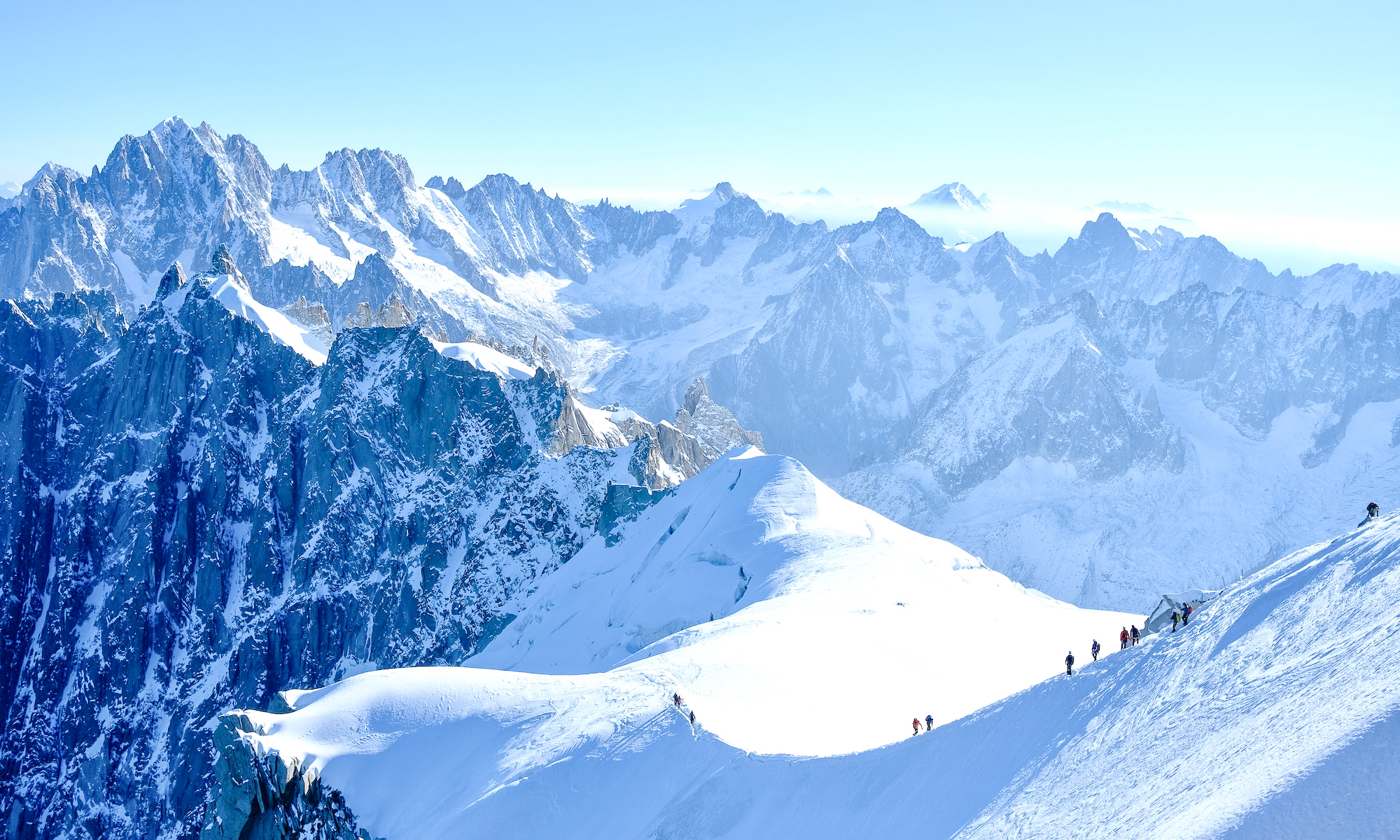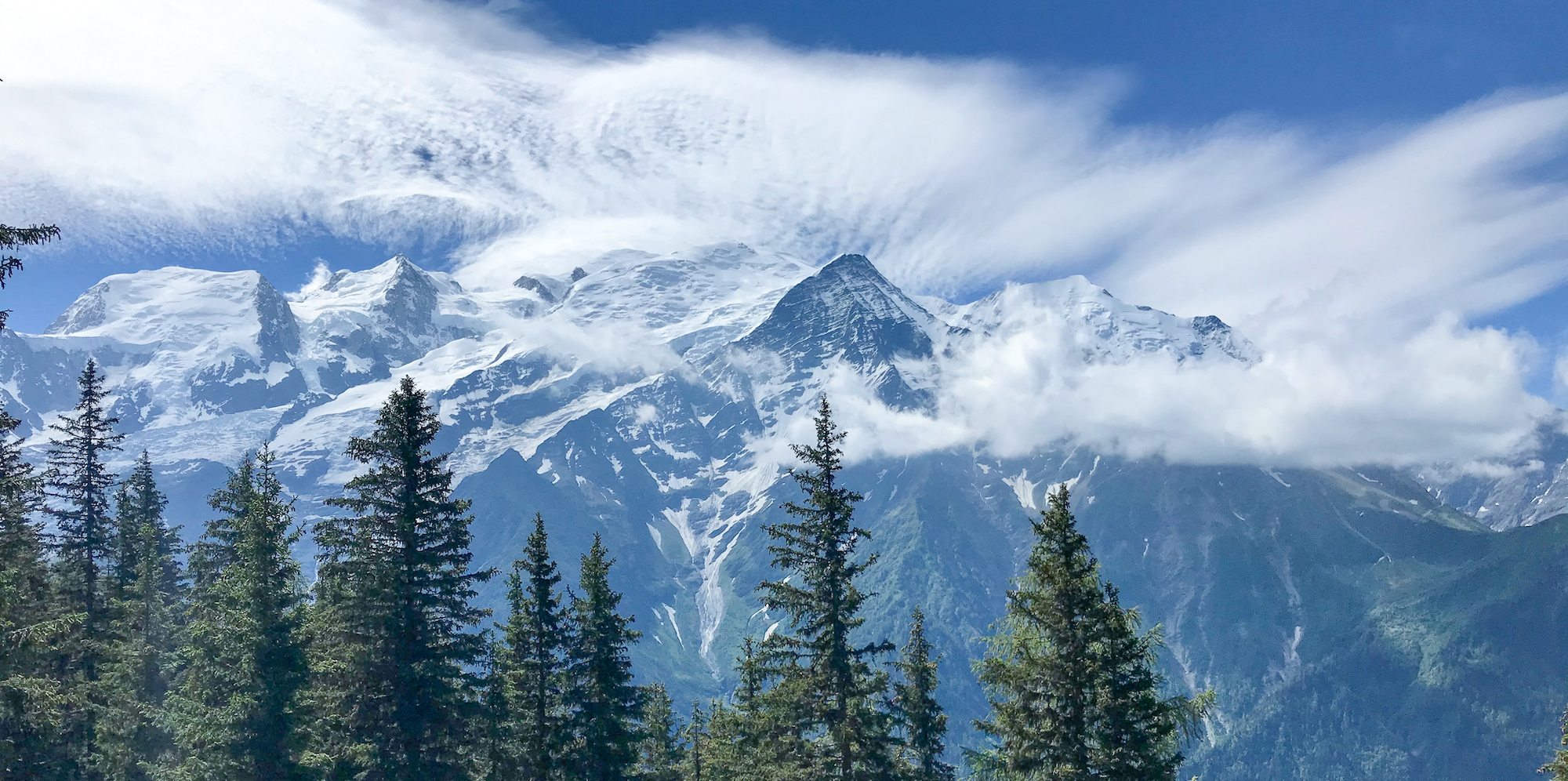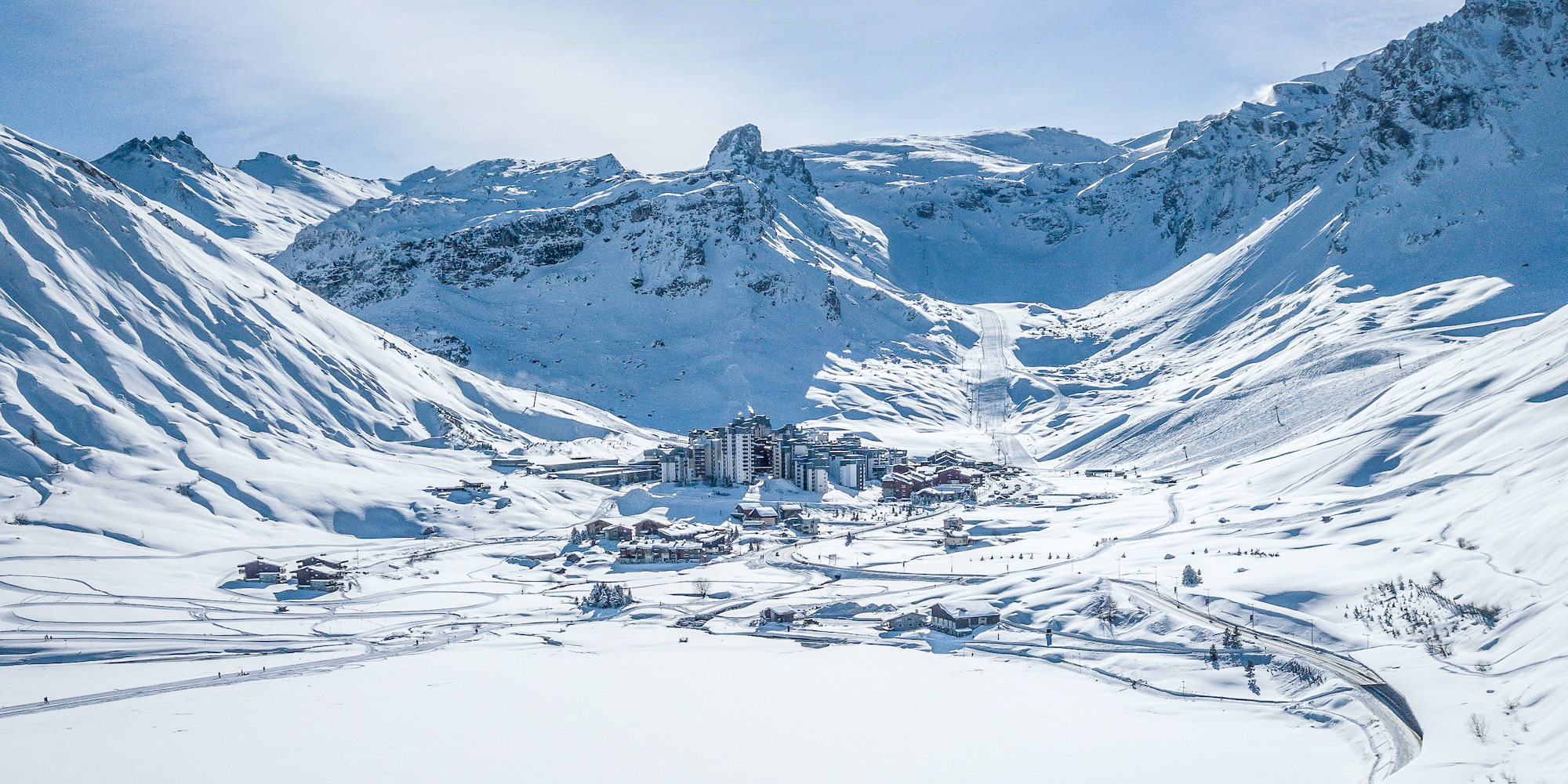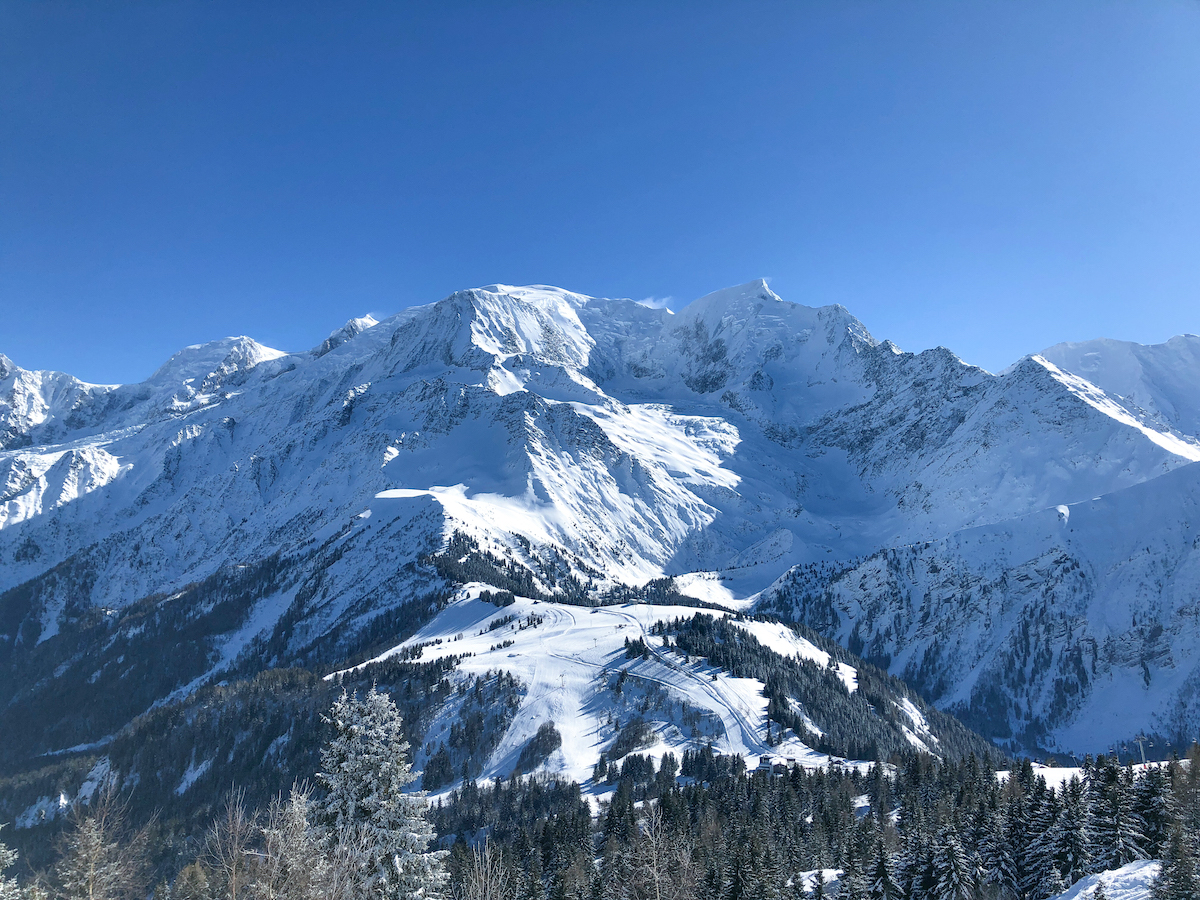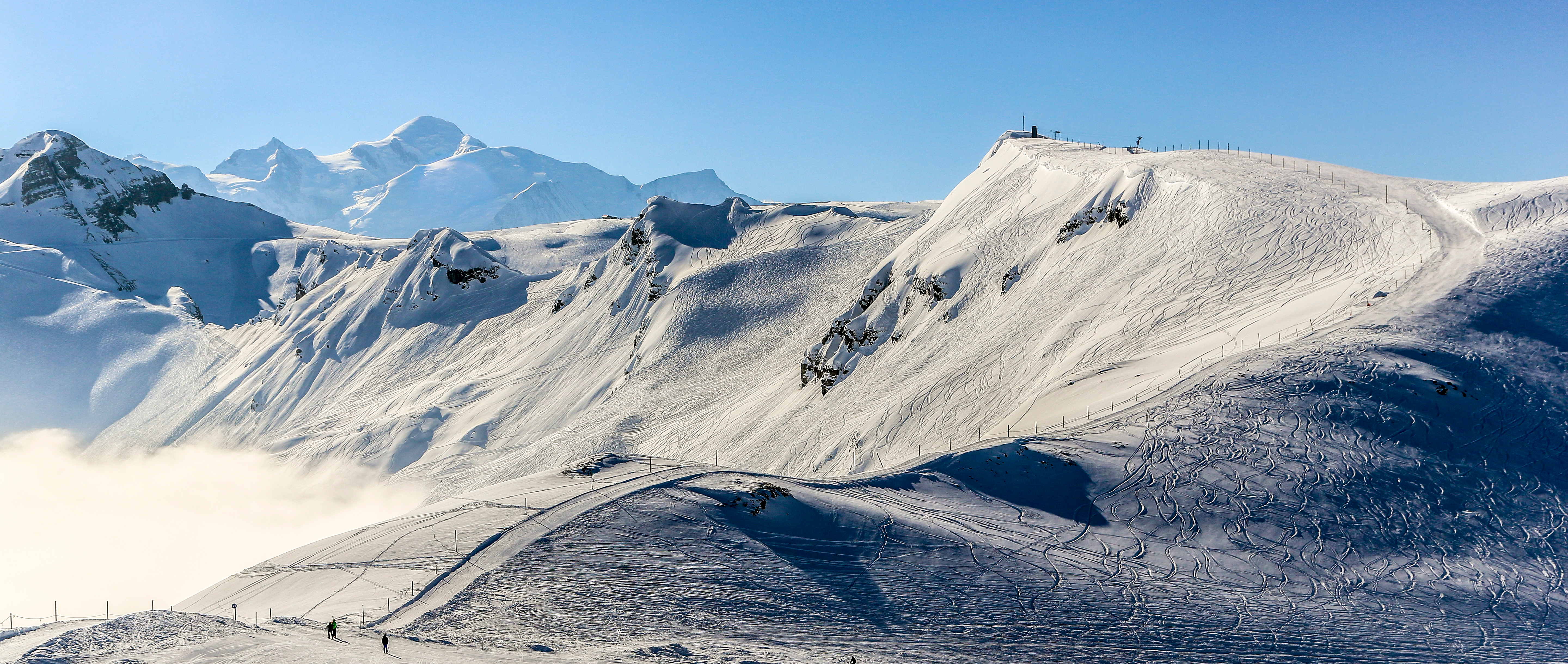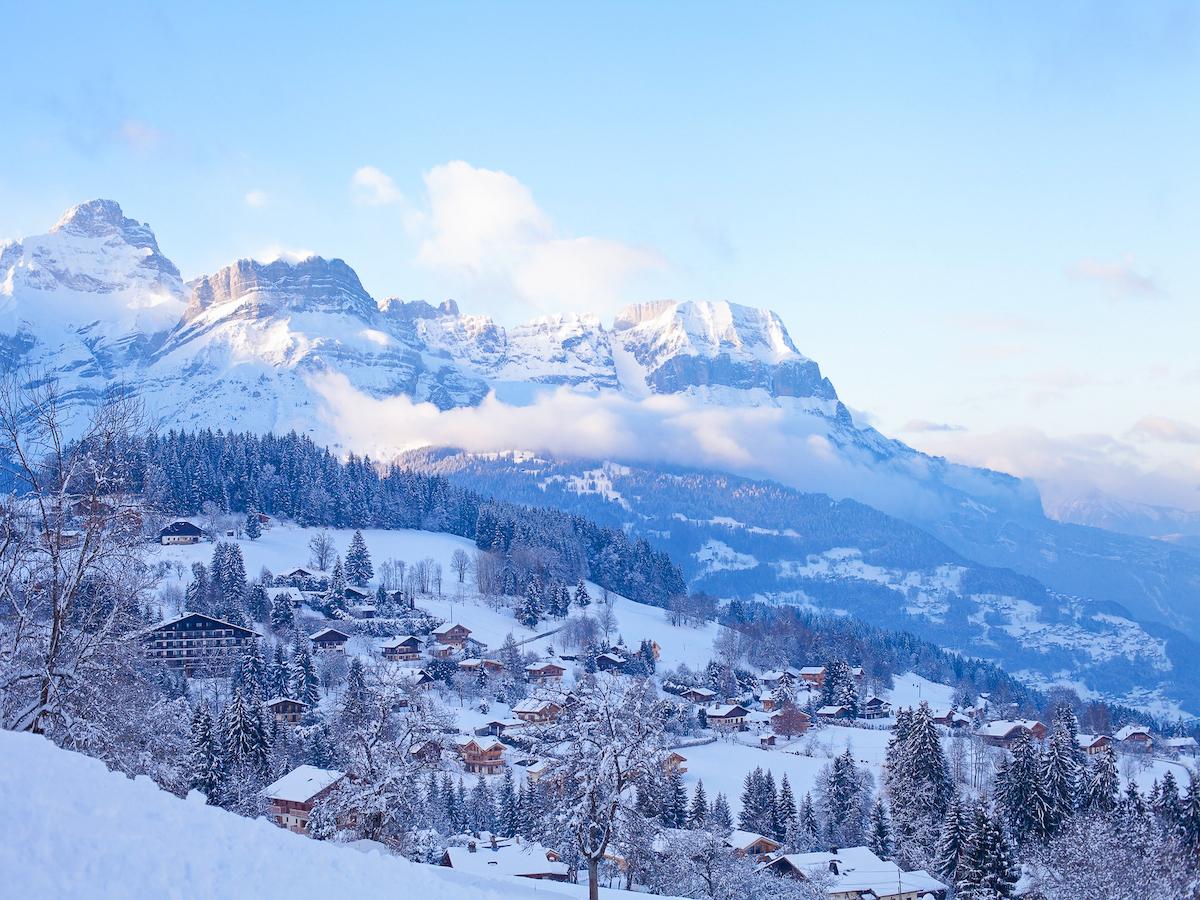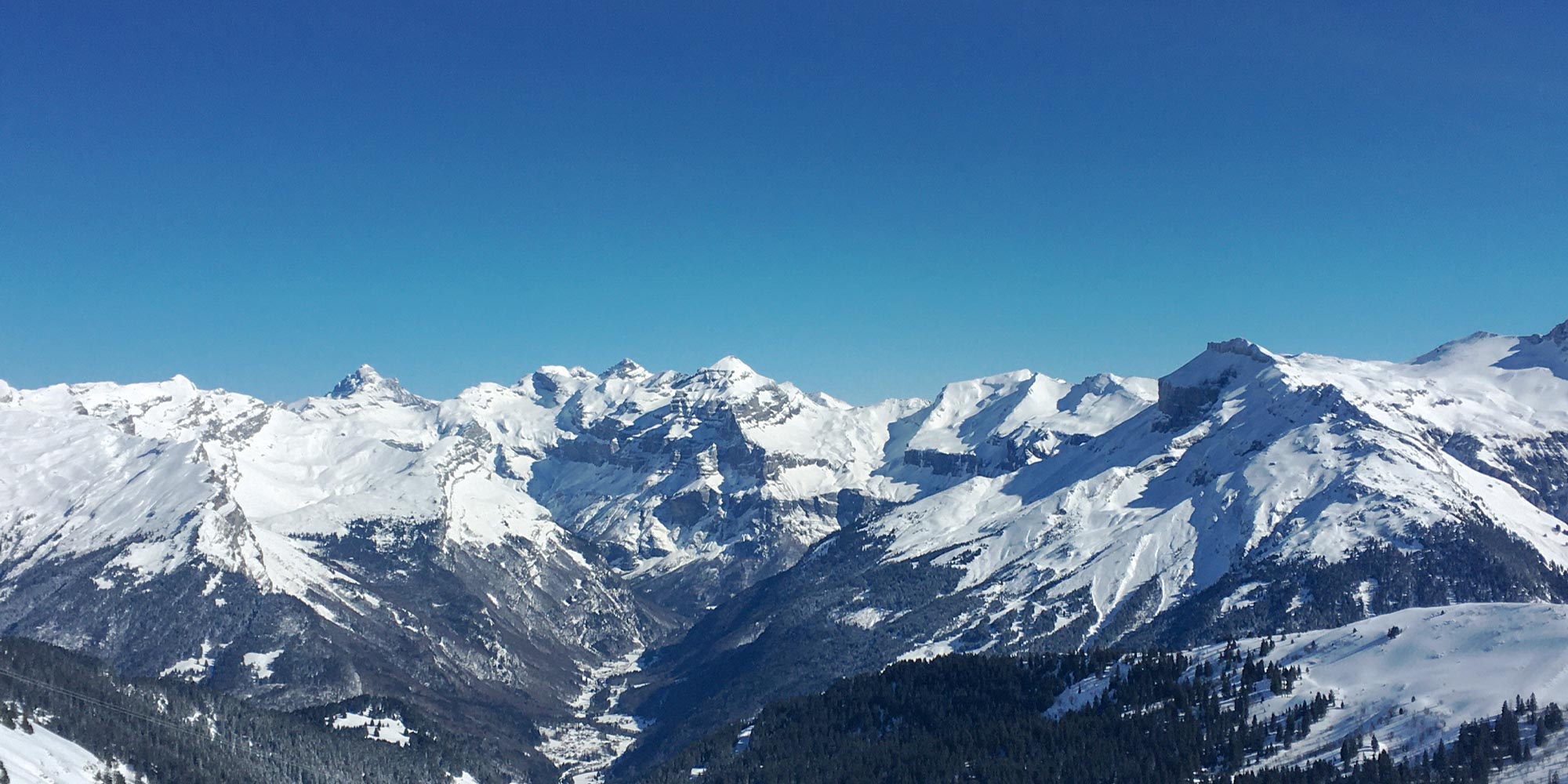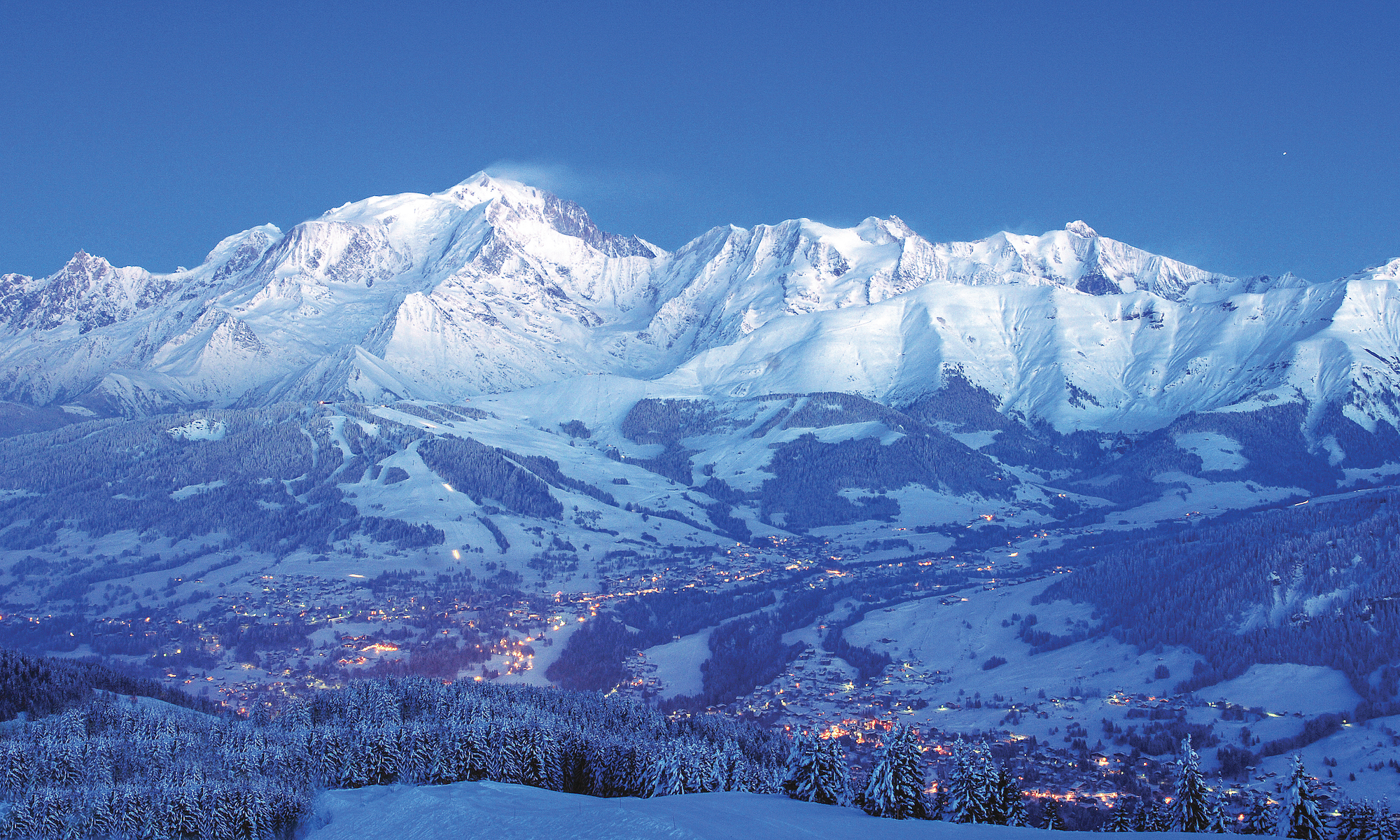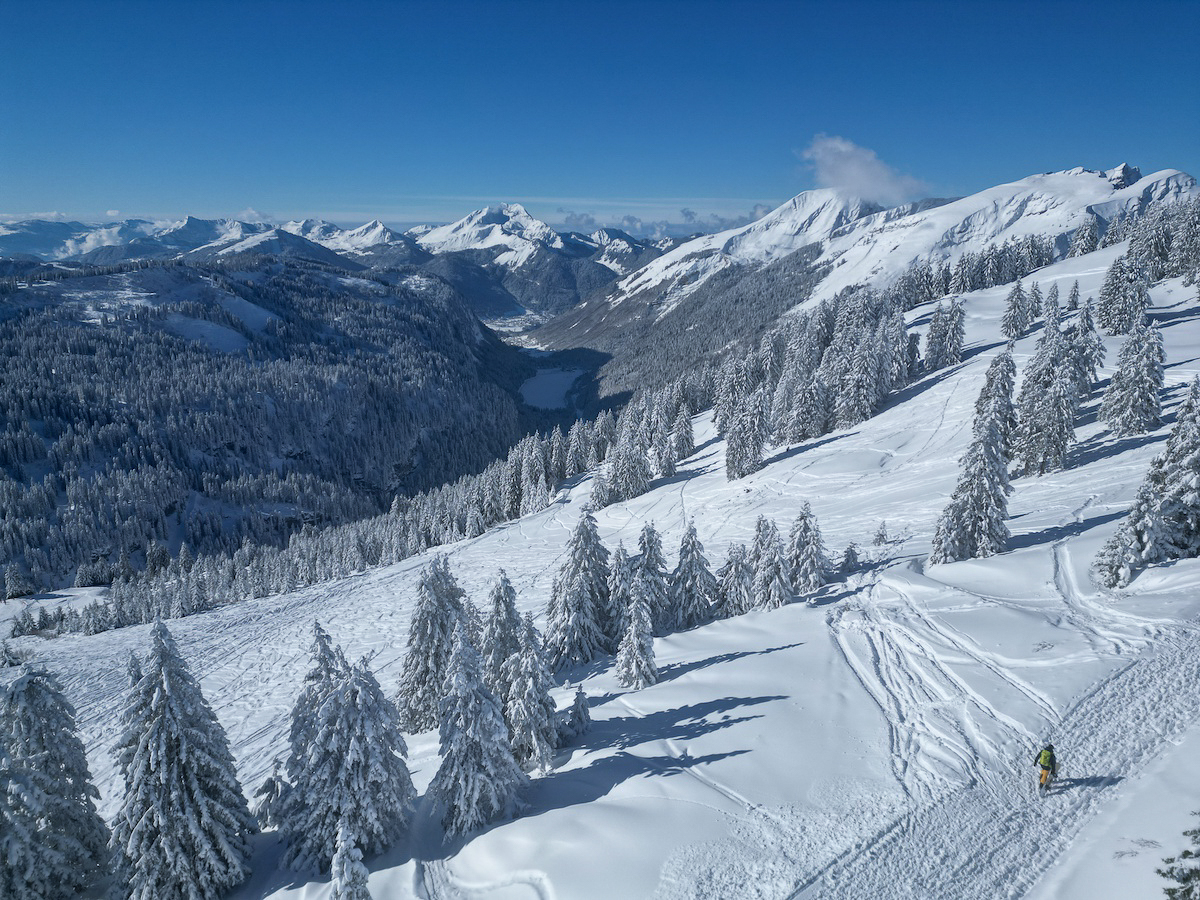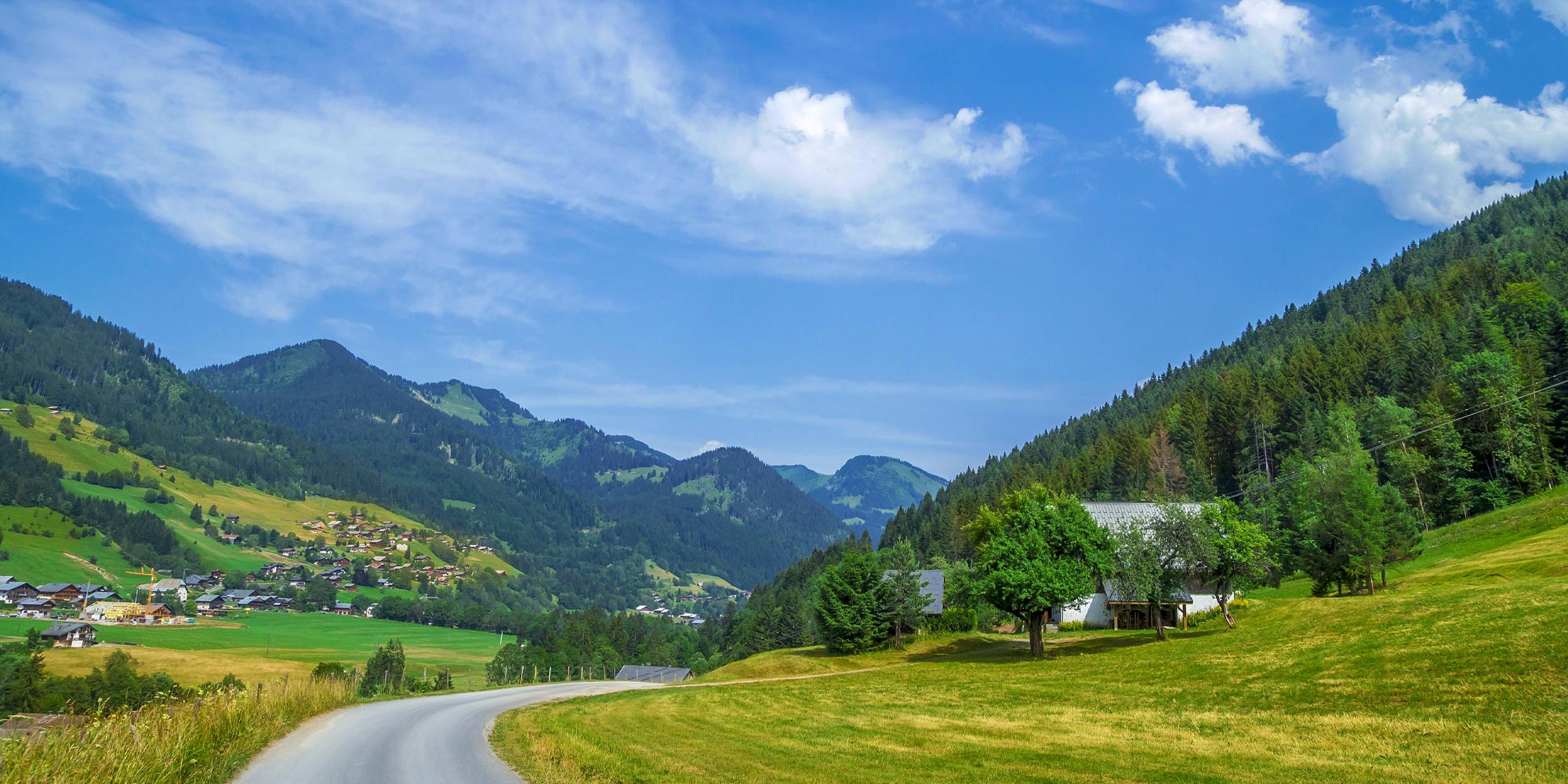
GET ATHENA NEWS
PROPERTY SEARCH
French Alps
Alpe d'Huez Grand Domaine
Alpe d'Huez
Chamonix Mont Blanc
Argentière
Chamonix
Les Houches
Espace Killy
Tignes
Val d'Isère
Espace San Bernardo
La Rosière
Evasion Mont-Blanc
Combloux
Megève
Saint-Gervais
Grand Massif
Les Carroz
Samoëns
Les Aravis
La Clusaz
Manigod
Les Sybelles
La Toussuire
Mercantour
Auron
Paradiski
La Plagne
Portes du Soleil
Chapelle d'Abondance
Châtel
Les Gets
Montriond
Morzine
Praz de Lys Sommand
Praz de Lys
Three Valleys
Courchevel
Méribel
St-Martin-de-Belleville
Val Thorens
Lisbon Metropolitan Area
Alcochete Municipality
Alcochete
Cascais Municipality
Carcavelos
Cascais
Estoril
Lisbon
Alcântara
Alfama
Alvalade
Amoreiras
Arroios
Avenida da Liberdade
Avenidas Novas
Bairro Alto
Baixa
Belém
Cais do Sodré
Campo de Ourique
Campo dos Mártires da Pátria
Chiado
Estrela
Graça
Intendente
Lapa
Marvila
Parque das Nações
Príncipe Real
Santos
Mafra
Ericeira
Seixal Municipality
Seixal
Sesimbra Municipality
Sesimbra
